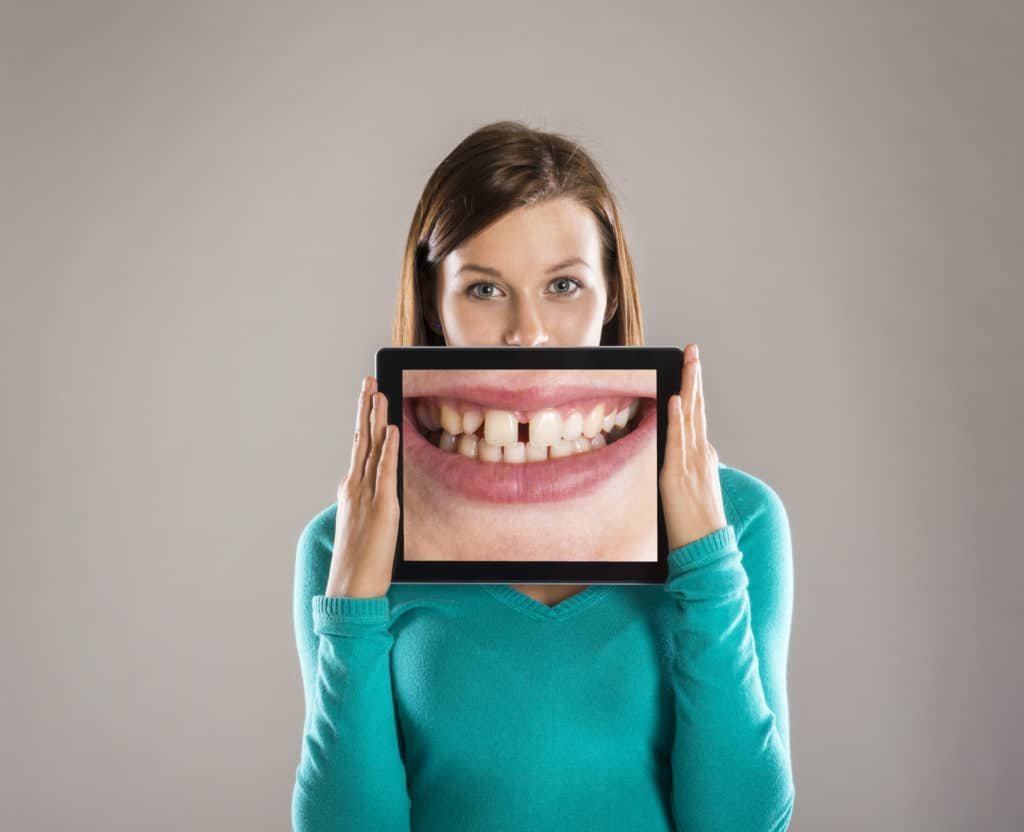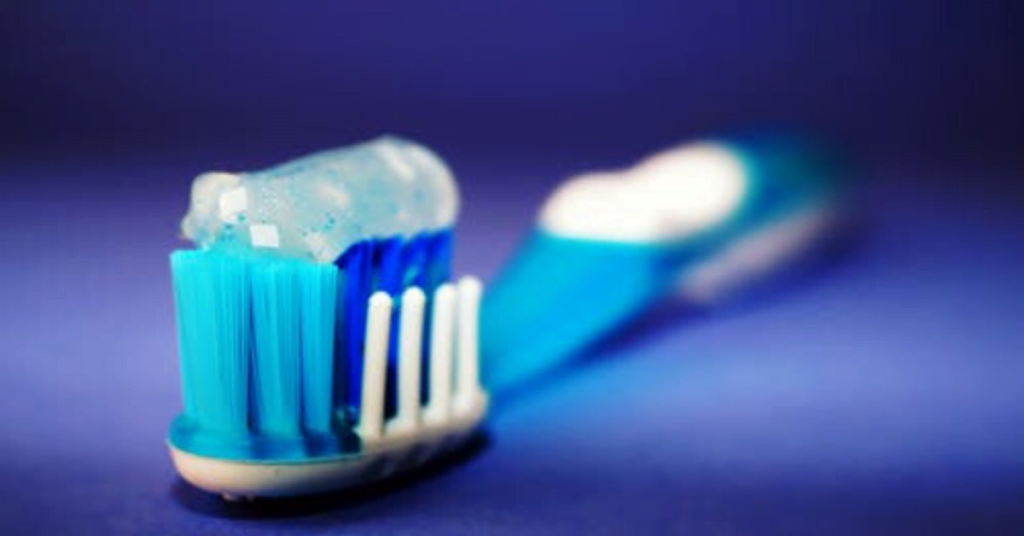During a routine dental cleaning, your dentist uses special ultrasonic tools to remove sticky plaque, superficial stains and hard tartar (Calculus) deposits from the surfaces of your teeth above your gums. It is considered to be the first step towards dental treatment and usually should be done before undergoing any dental procedure.

What are the benefits??
Routine dental cleaning is very important for preventing gum disease and even for treating very mild forms of the disease (called gingivitis). In addition to preventing gum disease, having your teeth cleaned every six months also helps keep bad breath at bay. Routine cleanings are usually combined with a regular check-up to allow the dentist a chance to examine your teeth, check for newly developed cavities, and take x-rays if needed.

Is It Painful??
The short answer is NO!. Regular dental cleaning is not painful as it includes the involvement of your tooth surface above the gums.
Will it scrape off my tooth enamel?
A myth linked to routine cleaning is generally that it causes the first layer of your tooth (Enamel) to wear off. During a cleaning at the dentist’s office, it can feel like teeth are being damaged or over-scraped. The scraping sound and sensation of the cleaning tool can also be uncomfortable. But these sensations are not an indication that tooth enamel has been damaged or scraped off. Dental cleanings remove plaque and calculus that won’t come off with daily brushing. When the tongue touches a newly cleaned teeth, it feels different because the buildup of plaque and calculus (and not enamel) has been removed from the tooth surface.
What is DEEP CLEANING? ( Scaling And Root Planing)
This type of cleaning is recommended when the gum disease has reached a moderate stage where the plaque and tartar deposits go further below the gum line. At this stage, a pocket develops below the gums, which in turn makes it difficult to clean by normal brushing or flossing. If deep cleaning is not done at this stage, it may further advance the gum disease and may land up in a severe form called as periodontitis
What are the benefits??
Many patients experience long-term benefits after their deep cleaning appointment. For example, you can stop the development of gum disease before it becomes periodontitis. Periodontitis could cause you to lose your teeth. Thus, deep cleaning may help prevent the teeth to become mobile along with reducing the bleeding of gums and bad breath, stopping gum disease, and making the gums stronger than before.

Is It Painful?
Some may not experience pain, especially those with minimal gum pocket depths; they may feel little or no discomfort throughout and after the cleaning process, even without administering anesthetics. On the other hand, some patients experience pain during and after the in-depth dental deep cleaning process. However, local anesthesia applications can make you comfortable during the procedure. Post-operative sensitivity is very common after deep dental cleaning and gradually goes away with the use of desensitizing agents.
Will it loosen up my teeth??
Deep cleaning will loosen your teeth only if they are supported by tartar or calculus and have lost the natural bone,gums support, not otherwise. But if nothing is done, the teeth will keep on loosening, and gums support will be permanently lost, leading to shaking teeth in the future.
So, Regular or Deep Cleaning?? Let your Dentist be the master of the decision!!!.



